Flies can be a real nuisance in your indoor herb garden. They can be seen hovering around your houseplants and create havoc. If you take a closer look you may see them scuttling over the compost too. Apart from that, some common flies can also feed on the plant roots.
While most of the plants are able to bear some damage, it is better to get rid of these flies as early as possible. This begs the question- what are the ways through which you can keep flies away from indoor herb garden?
There are three main ways:
- Aroma
- Carnivorous plants
- Ornamental plants
Aroma
A number of aromatic plants help you in getting rid of flies. They are able to keep flies at bay and help in keeping your indoor herb garden free from flies. These plants have a peculiar aroma that can act as a repellent to the common flies that infest your indoor herb garden.
These plants are one of the most popular plants used to repel flies. They come in different colors and are great for improving the decor of your garden too. They can act as a visual treat while at the same time keeping the flies away from the herbs that you have grown.
Let us discuss some aromatic plants which repel flies and help in keeping your indoor herb garden safe.
Basil (Ocimum Basilicum)
Whether its a fresh or dried basil, the scent of this plant deters flies. It is considered as an annual plant , but can also reseed itself in drier climates.
It is a plant that thrives in patio pots and is a great choice to repel flies away from your indoor herb garden. It also tastes great in many culinary dishes and beverages!
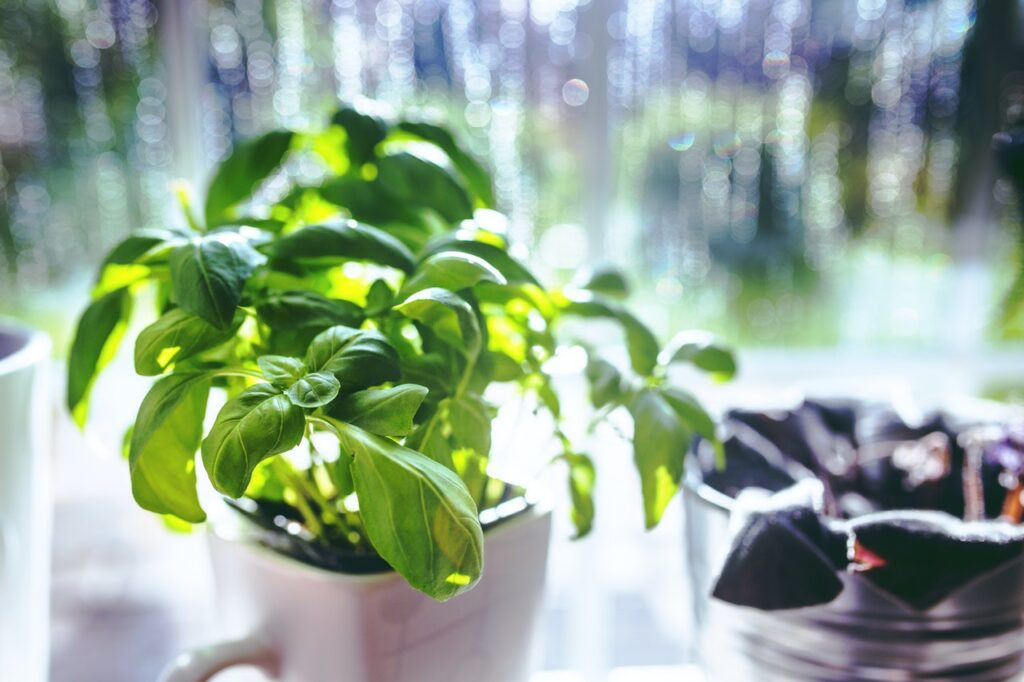
Bay Laurel (Laurus Nobilis)
This plant has been used for centuries as an aromatic and in shelves and cupboards to keep flies and mice away. The pungent scent of the plant, either when it is fresh or when it is dried, is a great repellent for flies.
Apart from being placed in the indoor herb garden, it can also be hanged outsider the home entryway to repel flies. This plant needs a warm climate to grow. It grows exceptionally well in a pot. Rich well-drained soil is best for its optimum growth.
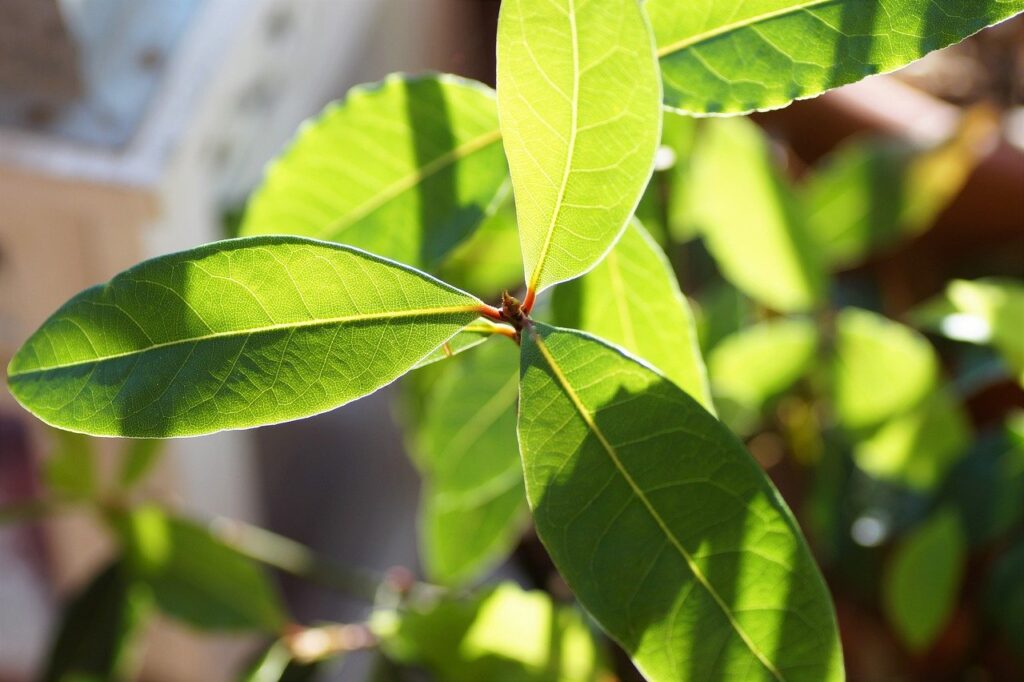
Lavender (Lavandula)
This plant thrives perfectly in well-drained, hot and sunny climate. It can easily help in getting rid of flies. Both the foliage and the blooms of this plants are fragrant and can keep many insects, including flies, at bay.
It is a very easy plant to propagate and comes in different varieties. You can choose the one which fits the space and climate that you can provide. This plant does a great job in defending your garden against flies.
Tansy (Asteraceae)
This plant’s oil is used manufacture a spray that can be used on your plants to keep of flies. The oils of this plant used in the spray, have strong aroma which keeps flies away.
While both fresh and dried leaves can be used, the latter is preferred to make a spray. This is so since the oils are more concentrated in dried leaves. This is a very simple and pretty plant to grow and will be able to fend off against any attack of flies on your garden.
Rosemary (Salvia Rosemarinus)
Because of its heady scent, rosemary is used as a popular flavour and culinary herb in many culinary dishes and beverages. This is also the reason why it is one of the best fly repellent plants available out there. This annual plant does surprisingly well in winters too.
This plant can be easily propagated and doesn’t require much maintenance either. All in all, this is one of the best fly repellent aromatic plants that you can use to keep your indoor herb garden safe.
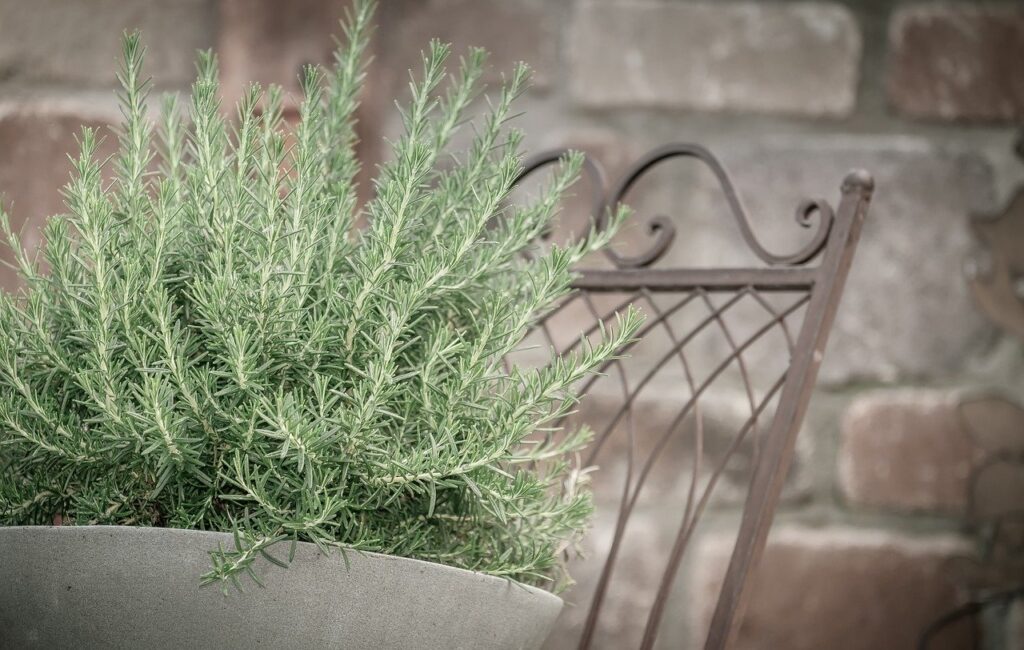
Penny Royal (Mentha Pulegium)
This is one of the strongest fly repellent aromatic plants available out there. It is highly potent too, so should be used with caution.
It can repel most biting insects and even mice, away from your indoor herb garden. This plant can also be used to keep insects away from cupboards and shelves.
Wormwood (Artemesia Absenthium)
Now we know that the name of this plant is a striking contrast to the function it performs. This amazing plant leaves behind a resinous particle which can be used as an insecticide.
It is not toxic to other plants so the particle can be picked up and rubbed off, to keep flies away. It is also known as absinthe and can be used for medicinal purposes too. Though it has many uses, only its topical application is without caution.
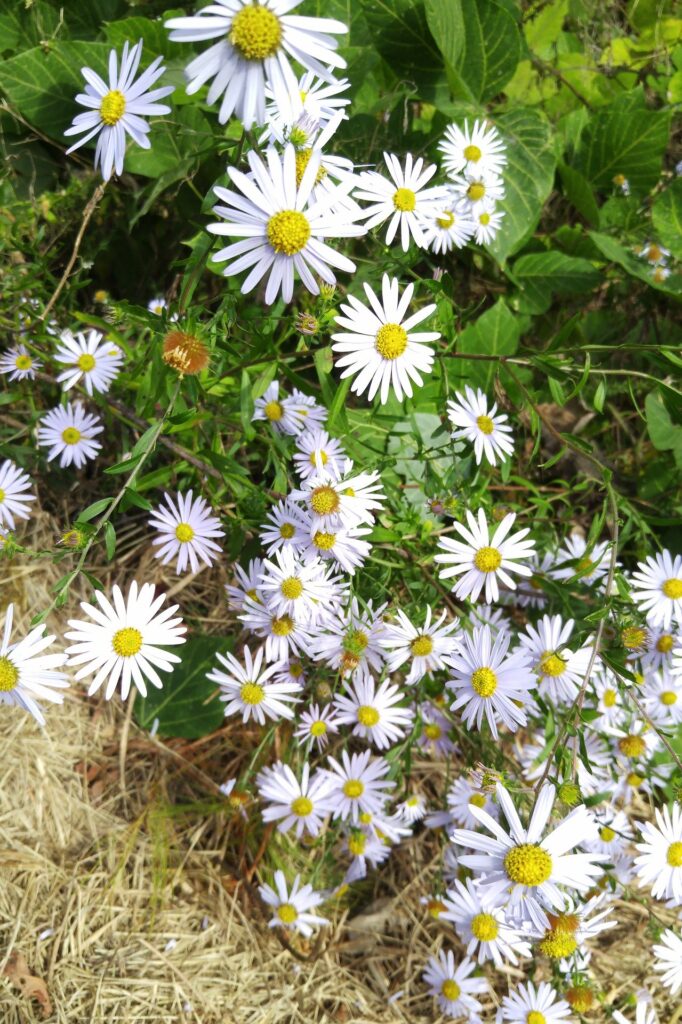
Carnivorous Houseplants
Carnivorous houseplants are another way through which you can keep the number of flies attacking your indoor herb garden, to a bare minimum. The bright colours of the leaves or the stem attracts the flies.
When a target is captured, the digestive enzymes break down its tissues. When the whole process is complete, the plant gets ready for another meal!
Venus Flytrap (Dionea Muscipula)
Even an individual completely unfamiliar with the plant world has heard about the Venus Flytrap. It is a plant which can ward off insects in an unconventional manner.
Humidity and soil acidity is essential for the optimum growth of this plant. This plant has different colors too and can add a certain aesthetic value to the garden.
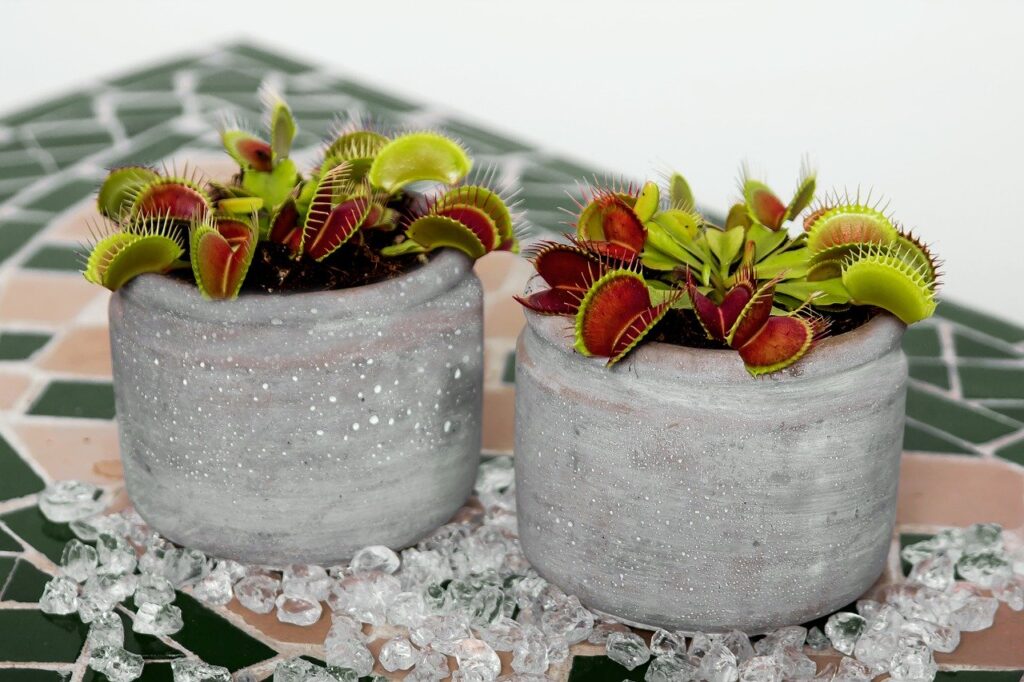
Pitcher Plant (Nepenthes)
This is another famous plant that can be used to control flies. It acts the same way as Venus Flytrap. The plant attracts insects, they get lured in and the trap closes. Once the plant’s digestive enzymes break the tissues of the insect, the trap gets set for yet another target.
A common problem with these plants is that they are easy to kill and need high care and maintenance.
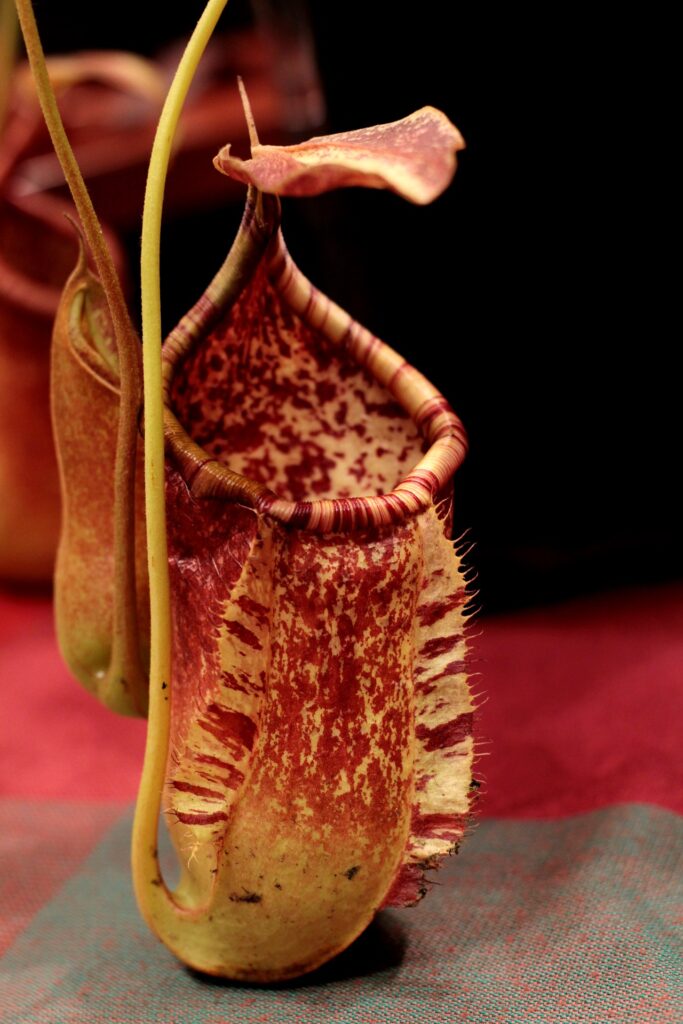
Ornamental Plants
Some plants are a great addition to your garden, not only for their visual appeal, but also for the amazing fly repellent properties. These plants can be grown close to the other herbs and you will see their effects pretty soon.
These plants not only repel flies but repel various cestodes that can cause damage to your indoor herb garden. Out of the 3 different varieties discussed so far, these plants require the minimum maintenance.
Marigolds (Tagetes)
The scent from the various types of Marigolds can keep away flies and even rabbits. The roots of these plants are known to repel nematodes too. They have even been known to repel white files from tomato plants.
They are known to release Leminone, a substance that slows down white flies when they fly near tomato plant. These plants are easy to grow and do not require loads of time for maintenance. They are easy to grow in sunny locations.
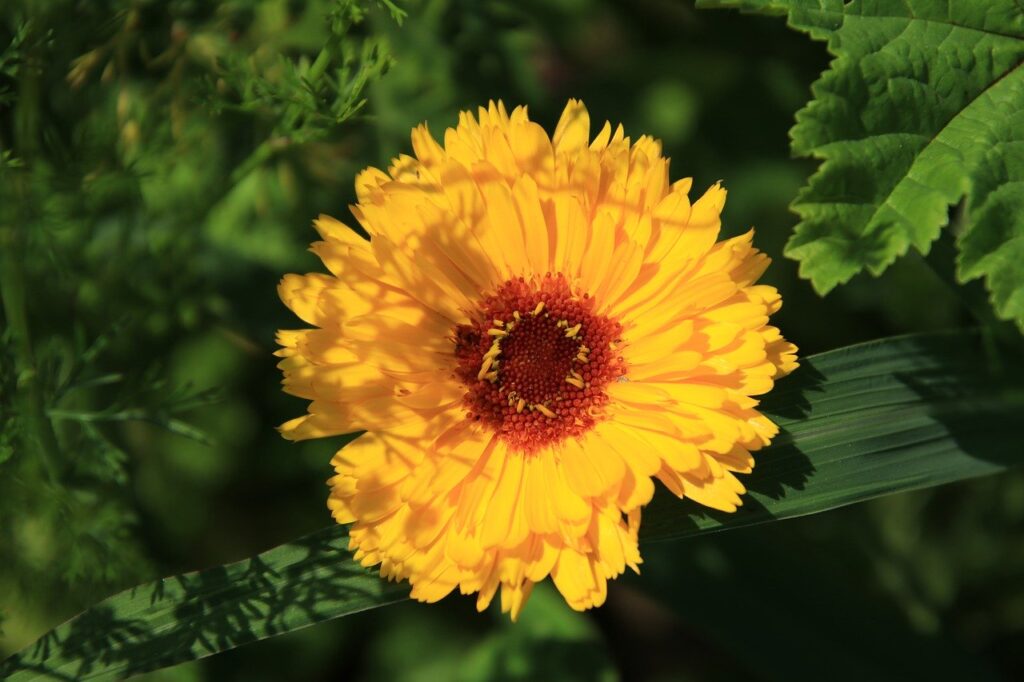
Petunias (Petuniae)
These are amazing ornamental plants that can be used to keep your indoor herb garden safe from flies. The name of these plants is derived from the French word “Petun” which means tobacco.
They are available in wide varieties of colour and can be easily installed in your garden. You can plant them in sunny areas near your herbs, and they will protect your garden from flies.
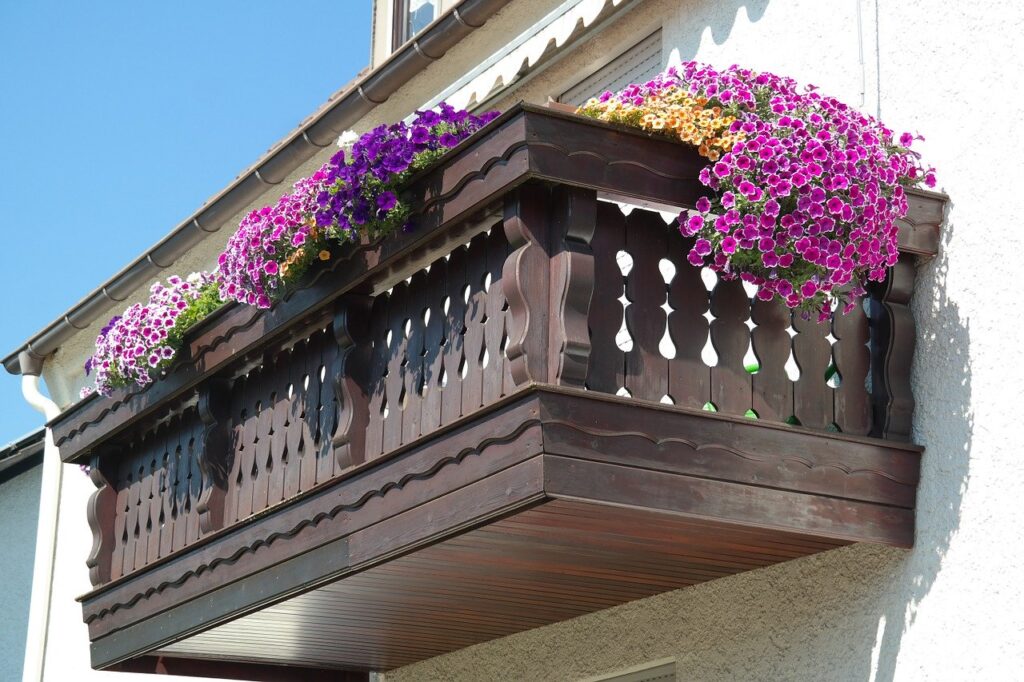
Geranium (Pelargonium)
These ornamental plants can repel many insects, including plants. They have pretty flowers and can be grown in sunny conditions. One type of geranium- Pelargonium Citrosum, is also known as Mosquito Repellent.
These plants can grow with minimal care and can help you protect your garden from flies. They have a lemon like fragrance which helps to keep the flies at bay. They can be a worthy addition to your garden.
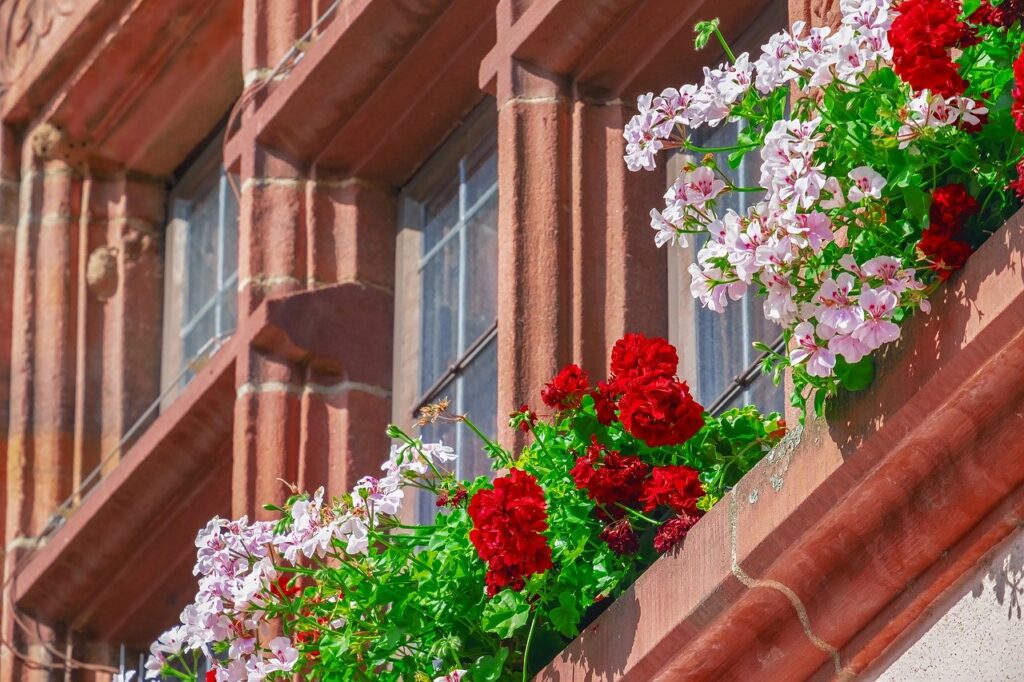
These are some ways through which plants can help you in keeping files away from your indoor herb garden. Whether you opt for aromatic plants or some visually soothing ornamental plants, you would be able to have a beautiful indoor garden. All the above mentioned plants can fend your garden from flies and keep it safe!
Sam is a graduated biologist who sub-specialised in Botany in his final years. With a passion for human health and food, this was the perfect marriage of his interests. Having been born in the country but spent most of his life living in cities, this blog was his answer to learning how to grow a garden indoors if you didn’t have ample space outside.






